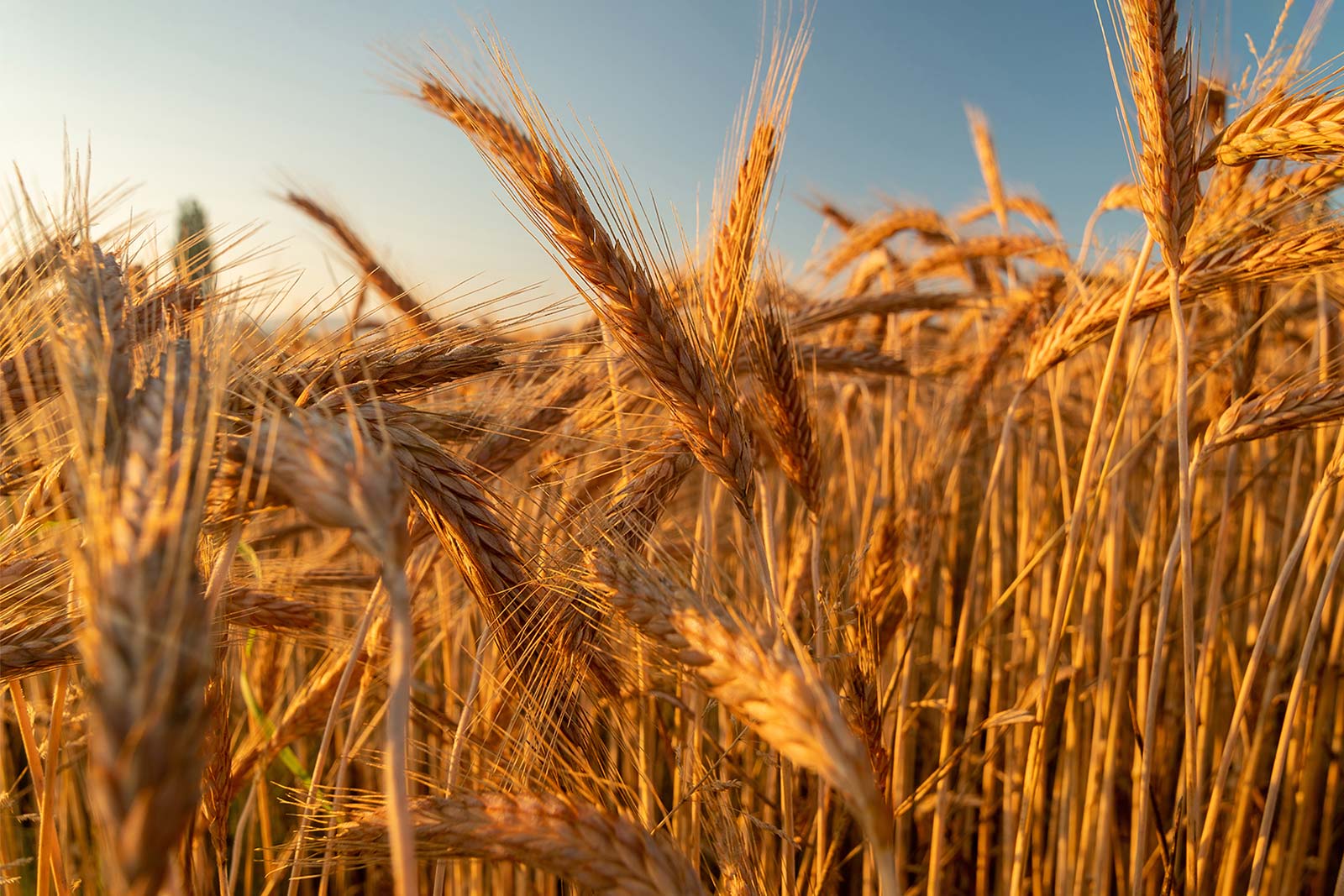For our March 2022 Investment Summary, we take a closer look at the latest news and market trends we are seeing take place this month.
Over the past month, our digitally connected world has brought the horrors of the war in Ukraine home to us every day through our laptops, smartphones, and televisions. Images of the destruction and now the evidence of recent atrocities committed by Russian forces against Ukraine civilians have one at a loss for words. The swift political responses by the leadership in the West have included the threat of more economic sanctions and calls for Russian leaders to be tried as war criminals, whilst Ukraine President Zelensky continues to call for more military aid. How and when this gets resolved is hard to say but I imagine President Biden’s unscripted remark that he (Putin) cannot remain in power is what many in the West are thinking.
Ever rising inflation and hawkish central bank rhetoric continued to take their toll on fixed income, as the asset class suffered its worst performance in decades with many major bond indices down over 6% YTD. Equities haven’t escaped unscathed either and whilst March was a positive month for developed market equities – European equities posted a double-digit gain – it was still a poor quarter overall, as they had their worst start to the year since the Covid-19 pandemic began in Q1 2020.
The most immediate impact on financial markets from the war can be seen in commodity prices. Both Russia and Ukraine are large exporters of a wide variety of commodities, not just oil and gas. Combined they account for just under a third of global wheat exports. Economic sanctions are preventing Russian exports from being purchased and the war is also impacting Ukraine’s ability to export (and plant) its agricultural products.
Oil surged in price in the days after the invasion to over $130 per barrel and now swings violently around $110 per barrel with 5% to 10% daily moves a frequent occurrence. Wheat has moved from $7.50 per bushel to over $13 and now sits around $10.50 per bushel. Corn has jumped from $6 per bushel at the start of the year to over $12 per bushel. Many other commodities are experiencing similar moves (upward) in price.
These price moves are feeding through to consumer prices almost immediately. Households (particularly lower-income households) are facing a very sharp rise in the cost of living. According to Bank of England governor Andrew Bailey “The shock from energy prices this year will be larger than any single year in the 1970s”. The Office for Budget Responsibility predicted that UK household real incomes would contract at the sharpest rate since records began in the 1950s. This is not unique to the UK, it is happening globally and putting central banks in an even more difficult situation. Inflation was already high and rising before the war in Ukraine began.
The challenge central banks face is how to bring down inflation without causing a recession. Raising interest rates will slow growth. The elevated levels of inflation we are now experiencing may also slow growth as households are forced to consume less non-food and energy goods and services. Inflation is nearly 8% in the US and Europe and approaching that level in the UK, meanwhile, official central bank rates remain at -50 basis points, 30 basis points, and 75 basis points respectively for the European Central Bank, the US Federal Reserve, and the BOE. These rates will have to rise considerably to bring inflation back to the 2% targets these central banks have set. Fed Chair Powell gave a speech on March 21st where he suggested it was possible to bring down inflation without causing a recession and he cited three examples. We will reserve judgment.
In the meantime, markets will continue to be volatile, as has been the case since the start of the year. The situation in Ukraine will continue to dominate news headlines. Food and energy prices are likely to remain at elevated levels. Central banks will continue to tighten. In this environment, it is our belief that quality names, with real earnings and pricing power, will continue to flourish. Given supply chain imbalances and a lack of Capex, we also retain our positive view on energy and commodity stocks. Bonds do not yet offer any safety we, therefore, keep our duration exposure limited. Commodity-related currencies have begun to appreciate, and we would expect more gains there as well. It is not an easy environment and one where patience and prudent risk management will pay off.
Read more from our Chief Investment Officer Jeff Brummette in our February 2022 Investment Summary for last month. Stay tuned for more insights from Oakglen on the hot topics and latest trends in the financial markets. You can also sign up to our mailing list for more regular communications using the section below.

